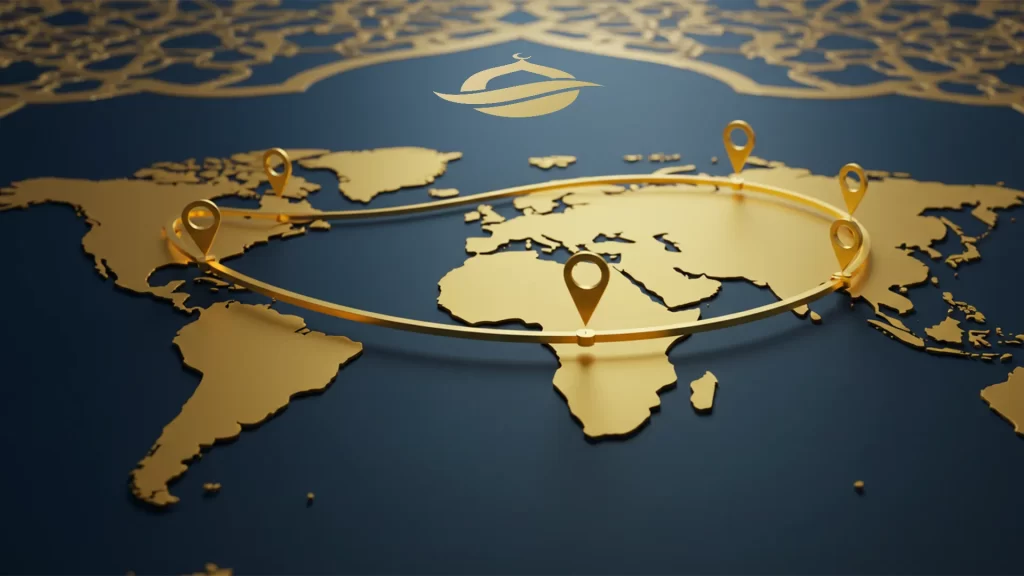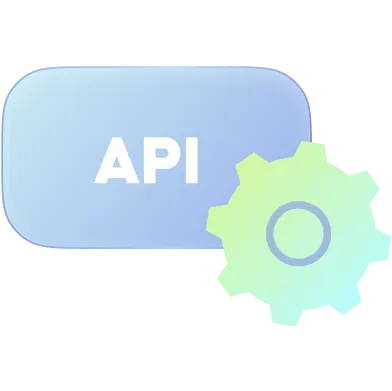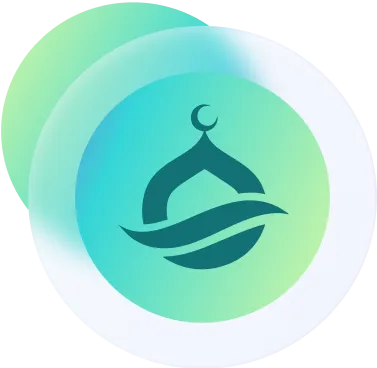Despite the rise of sleek fintech apps, blockchain innovation, and instant notifications, one question keeps surfacing in communities around the world:
Why does sending money home still feel stressful, slow, and unfair?
We’ve spent the last few years listening to diaspora communities — especially those in Europe supporting families across Africa, South Asia, and the Middle East. And we’ve observed a sobering truth:
The system wasn’t designed for them.
The Status Quo Isn’t Working
Remittance is no small niche. It’s a lifeline. In 2025, cross-border money transfers are expected to reach over $832 billion, and that number will keep climbing.
But despite this scale, the infrastructure hasn’t evolved to match the needs — or the values — of those who rely on it most.
Here’s what still goes wrong:
- High fees that quietly shrink support. Traditional remittance services still charge an average of 6–10% in fees — especially on corridors between Europe and Africa or Asia. For senders already managing tight budgets, that’s a meaningful loss.
- Delays that hurt in emergencies. In times of need, even a 48-hour delay can make the difference between relief and regret. Many transfers still take days, not minutes.
- A lack of transparency — and ethics. Hidden markups in currency conversion. Unclear timelines. And almost no visibility into how intermediaries handle funds. Many platforms call themselves “inclusive,” but operate in ways that prioritize profits over people.
The Hidden Toll on Diaspora Senders
There’s another side to this — the emotional one.
For many who live abroad and send money back home, these transactions aren’t just financial.
They’re emotional. They carry responsibility. They often come with guilt, urgency, and the quiet hope that it reaches in time.
When systems are slow, expensive, or unreliable, senders are the ones who carry the weight. Over time, that burden becomes more than logistical — it becomes personal. It breeds distrust, anxiety, and financial fatigue.
We’ve heard stories of people skipping meals to make sure a transfer goes through. Or waiting in long queues, only to be told the funds haven’t cleared. This isn’t about tech limitations anymore. It’s about whose needs are prioritized — and whose aren’t.
What We Believe Needs to Change
At Caiz, we don’t believe in temporary fixes.
We believe the system itself needs a redesign — one that begins with trust, fairness, and spiritual alignment.
Here’s what a better remittance system should look like:
- Fast, affordable, and predictable
- Transparent — every step, every fee
- Built with ethical principles, not just technical efficiency
- Shariah-compliant by design — not as an afterthought
Because for millions of Muslims around the world, sending money through systems that don’t reflect their beliefs isn’t just inconvenient — it’s alienating.
Financial tools must do more than function. They must reflect the values of the communities they claim to serve.
A Vision Forward
We don’t believe the solution is to abandon remittance systems. But we do believe it’s time to rethink who they’re built for — and how.
At Caiz, we advocate for ethical innovation in finance. That means supporting tools that:
- Empower users through transparency
- Respect spiritual and ethical frameworks
- Leverage technology to include — not extract
- Build trust in every transaction, no matter how small
The future of remittance isn’t just faster tech. It’s a fairer system — one that understands that sending money is often an act of love, obligation, and sacrifice.
And that act deserves dignity.
Closing Thought
Fair finance doesn’t start in boardrooms.
It starts where real lives are impacted most.
Let’s redesign this system together — with ethics, empathy, and everyone in mind.

















